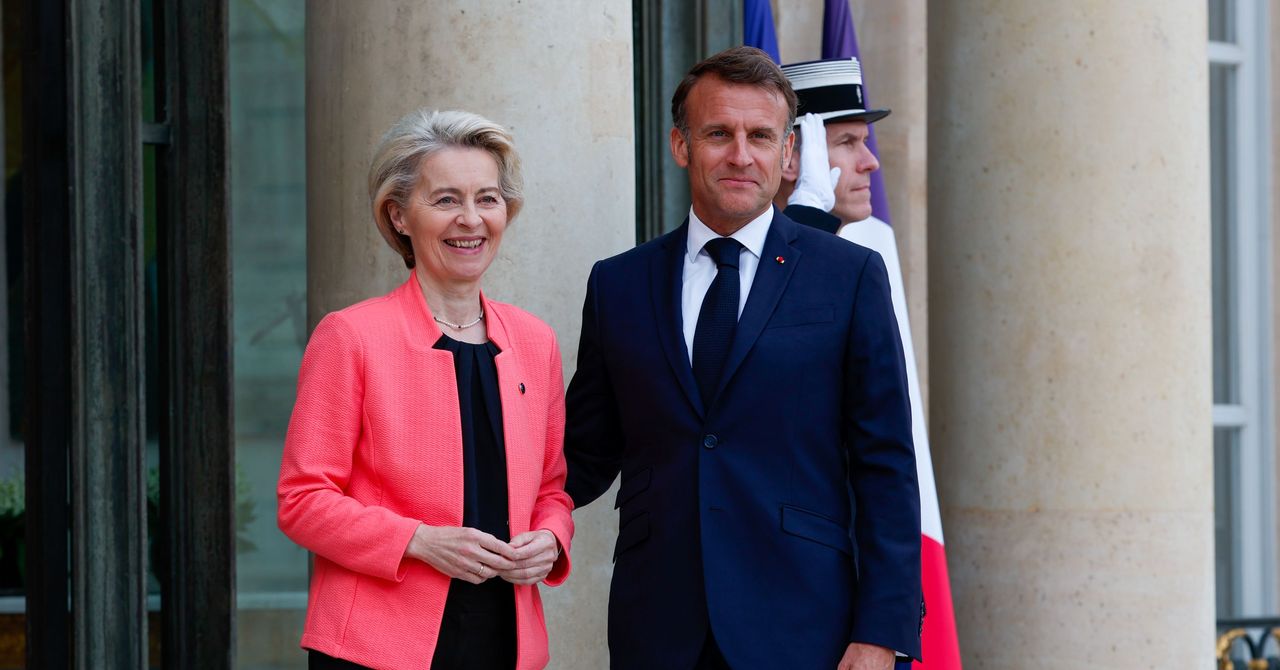These decisions, together with concerns about future fund cuts, have led to an exodus of researchers from the United States, with scientists who now seek to continue their careers outside the country. A Analysis published in Nature He discovered that 75 percent of American scientists surveyed were considering leaving the country. Meanwhile, Nature racing dataA global scientific employment platform reveals that between January and March of this year, American professionals sent 32 percent more applications to foreign institutions compared to the same period in 2024. In addition, the number of US users who explore opportunities outside the country increased by 35 percent.
At the same time, the international interest in working in the United States has decreased significantly. During the first quarter of the year, the applications of scientists from Canada, China and Europe to US research centers fell in 13 percent, 39 percent and 41 percent, respectively.
In this context, European institutions have intensified their efforts to attract the talent of the United States. University of Aix-Marsille, in France, recently launched A safe place for scienceA program aimed at organizing stately American researchers, censored or limited by Trump’s policies. This project is supported by an investment of approximately 15 million euros.
Along the same lines, the Max Planck Society in Germany has announced the creation of the Max Planck Transatlantic Programwhose purpose is to establish joint research centers with US institutions. “Outstanding researchers who have to leave the United States, we will consider for director’s positions,” said the director of the company, Patrick Cramer, in the speech discussing the program.
Spain seeks a main role
Juan Cruz Cigudosa, Secretary of State for Science, Innovation and Universities of Spain, has emphasized that Spain also actively participates in attracting global scientific talent, and prioritizes areas such as quantum biotechnology, artificial intelligence, advanced materials and semiconductors, as well as anything that strengthens the country’s technological sovereignty.
To achieve this, the Government of Pedro Sánchez has strengthened existing programs. The ATTEA program, which aims to attract researchers established to take their work to Spain, has been reinforced with 45 million euros to recruit scientists who are leaders in strategic fields, with a special approach to American experts who feel “despised.” This program offers additional funds of € 200,000 euros per project to those selected from the United States.
Similarly, the Ramón y Cajal program, created 25 years ago to promote young scientists’ careers, has increased their financing by 150 percent since 2018, allowing 500 researchers to be financed per year, of which 30 percent are foreigners.
“We are going to intensify efforts to attract the talent of the United States. We want them to do the best possible science, free of ideological restrictions. Scientific and technological knowledge makes us a better country, because it generates shared prosperity and a vision of the future,” Cigudosa said in a statement to the Spanish International News Agency after the announcement of the announcement of Europe for the Science program for the Science Program.
This story originally appeared in Cabling in Spanish and has been translated from Spanish.
#United #States #cuts #scientific #talent #Europe #launches #initiative #attract










